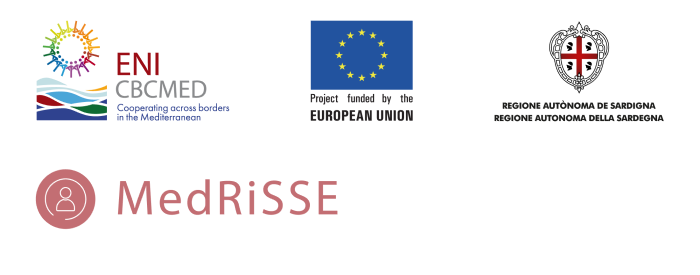![]() Key determinants
Key determinants
- Local public authorities and institutions (i.e. Municipalities) supporting entrepreneurship and the SSE in different economic sectors.
- Ministries and National agencies supporting entrepreneurship and the SSE in different economic sectors.
- Dynamic, skilled, and committed local entrepreneurial support organisations (public and private – for- profit and non-profit) such as vocational training centres and incubation centres.
- Local SSE actors (i.e. cooperatives, social enterprises, CSOs, informal groups, NGOs) and SSE Networks that can inform CitESS on the real needs of the community and could benefit from CitESS support.
- Universities & research centres that are committed to researching and supporting the SSE.
- Financing organizations (i.e. national or international public institutions, cooperation agencies, donors) supporting and promoting SSE.
- It is necessary to set up an effective formalized governance where the Governing Board includes organisations and/or individuals coming from/representing public institutions, Universities, civil society, SSE and the private sector. Such rich diversity of the Governing Board can ensure strong multi-sector linkages which can open doors to facilitate collaborations, unlock strategic networks and leverage needed private, Academia, public or civil society resources to actually materialise successful SSE support programs. Moreover, the governance structure should guarantee an effective, yet inclusive, democratic, and participatory decision-making process and management of the CitESS.
Self-assessment questions
- Who are the main local public authorities and institutions in your territory that are supporting/can support entrepreneurship and the SSE? Can they be engaged in a model like CitESS? Would they be willing to collaborate with the private sector, civil society actors and academia to strengthen/improve the territorial support to SSE initiatives?
- Which are the key national level institutions and authorities in your context (i.e. ministry-level actors, ministerial agencies) that are supporting/can support entrepreneurship and the SSE? Can they be engaged in a model like CitESS? Would they be willing to collaborate with the private sector, civil society actors and academia to strengthen/improve the territorial support to SSE initiatives?
- Who are the main public and private actors -for profit and non-profit (i.e. cooperatives, social enterprises, CSOs, informal groups, NGOs) – that are working to support entrepreneurship in your territory and can be key to promoting an enabling SSE ecosystem? What do they do? In which sector and level of intervention do they work? Do they need support to strengthen their capacities? Can they be engaged in the CitESS?
- Which key local SSE actors (i.e. cooperatives, social enterprises, CSOs, informal groups, NGOs) and SSE networks can best inform you on the real needs of the local community? Which key local SSE actors could benefit from CitESS support?
- Which key local Universities and research centres could you engage in the CitESS set-up and management to support the community’s cultural shift towards the SSE?
- Which key national or international financing organizations (i.e. public institutions, cooperation agencies, donors) could you engage in the CitESS to support and promote SSE in your territory?
- Which key public, private, Academia and civil society individuals/organisations could join the CitESS Governing Board in your territory? Can they facilitate collaborations, unlock strategic networks and leverage needed resources to put
- What kind of governance structure could benefit the CitESS in your territory in order to guarantee an effective, yet inclusive, democratic, and participatory decision-making process and management?
